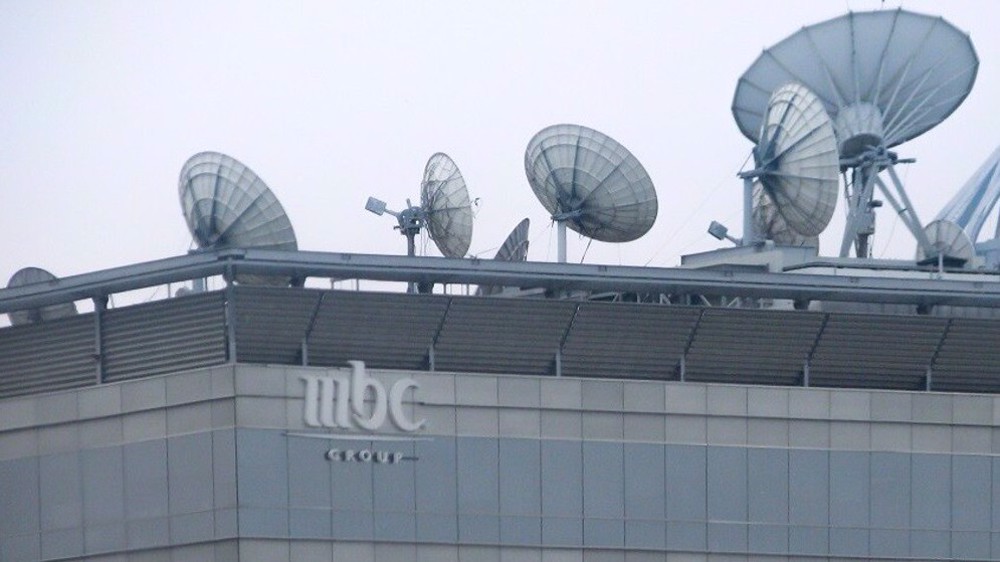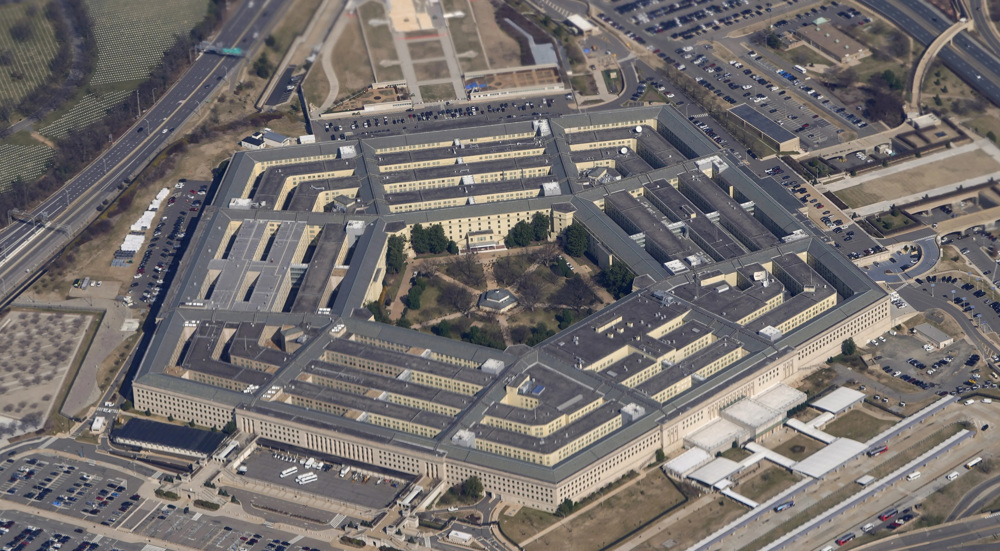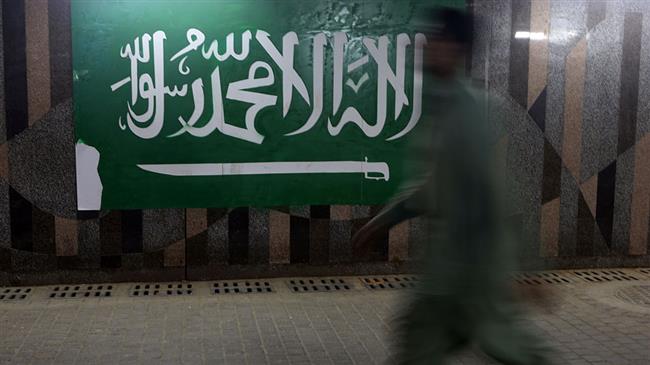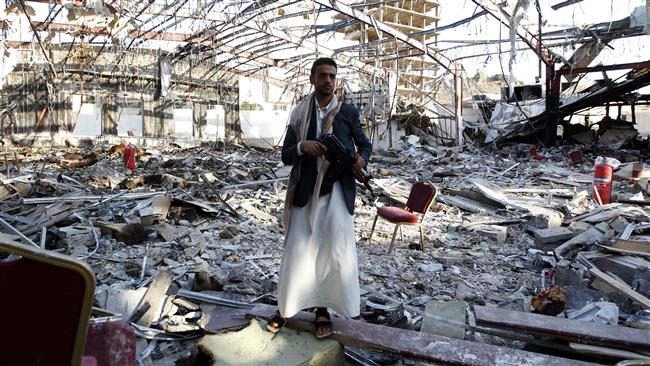UK MPs urge sanctions on Riyadh for detaining bin Nayef, other royals
British lawmakers have raised renewed concerns over the unlawful detention of the former Saudi crown prince and other royals, calling on London and other governments to slap sanctions on the kingdom over its growing human rights abuses.
In a cross-party investigatory panel report, released by UK media on Thursday, the legislators said the detention of Mohammed bin Nayef bin Abdulaziz Al Saud — a cousin and potential rival of Saudi Crown Prince Mohammed bin Salman — was in violation of international law and posed a threat to the security of the kingdom itself and the Western states.
Bin Nayef was arrested along with his half-brother Nawaf and his uncle Ahmed bin Abdulaziz Al Saud on charges of “treason” during a crackdown on royals, in what has been widely viewed as an attempt by bin Salman to tighten his grip on power.
The ex-heir to the throne was ousted by Salman in 2017 and has effectively been under house arrest since then.
To compile the report, the British MPs interviewed mainly dissidents, human rights groups, senior UK government officials and Mohammed bin Nayef’s allies. Saudi officials, however, refused to cooperate with the panel on the probe.
The report shed light on bin Nayef’s dire detention condition and said it had found that he was “suffering from pains in his joints, particularly his knees, making it difficult for him to walk comfortably without assistance, and there is evidence of damage to his feet, adding to the pain in walking.”
He has not been allowed to see either his family or his doctor and has lost a significant amount of weight since March, it added.
The panel said it had evidence that bin Nayef “has not been able to contest his detention before an independent and impartial judge, has no access to a lawyer to discuss his situation and his case has not been reviewed to determine whether it is appropriate to continue his detention.”
Bin Nayef was threatened with solitary confinement if he refused to give settlement funds to Riyadh, the investigation revealed.
The British lawmakers said governments across the West feared their Middle Eastern ally would be “pilloried in the wider court of public opinion” if it fails to respect the norms of international law towards its own citizens.
They also said the Saudi failure to live up to international human rights standards would undermine the kingdom and the security of the west.
The lawmakers further called on the UK and other countries to halt extraditions to Saudi Arabia and subject it to penalties similar to those listed in America’s so-called Magnitsky Act, which targets the individuals it sees as human rights offenders with sanctions such as asset freeze and travel ban.
They also recommended London and other governments to require giant social media firms to help “identify campaigns of public intimidation” launched on their platforms “by state actors or individuals who appear to be coordinated by state actors.”
Under bin Salman, Saudi Arabia has been under increasing scrutiny over its dismal treatment of Saudi dissidents and human rights activists at home as well as its war crimes in Yemen, where it has been engaged in a US-backed military campaign with the help of a group of its vassal states.
The kingdom’s gloomy rights record has, however, received a particular spotlight since the state-sponsored assassination of dissident journalist Jamal Khashoggi at Riyadh’s consulate in Turkey in October 2017.
Most recently, reports coming of Saudi Arabia indicate that bin Salman has launched a new crackdown under the guise of fighting corruption resembling the 2017 drive that rounded up royals and business tycoons in Riyadh’s Ritz Carlton hotel
This time, the push — ordered by bin Salman — has targeted top-ranking military officials as well as low-key municipal, health and environment officials, leading to scores of detentions in recent months and the seizure of hoards of cash.
Iran relies on natural gas for nearly 90% of its power production: Expert
US embassy in Beirut blocks Iraq-Lebanon humanitarian air bridge
VIDEO | UK's Starmer targets journalists
Israel plans to displace Palestinians in occupied West Bank: Hamas
Iranian airlines ramp up Istanbul route flights after EU sanctions
British protesters slam UK’s complicity in Gaza genocide on Balfour day
US surgeon haunted by Gaza children with ‘single gunshot wounds to head’
VIDEO | Iran's possible retaliation against Israel


















 This makes it easy to access the Press TV website
This makes it easy to access the Press TV website